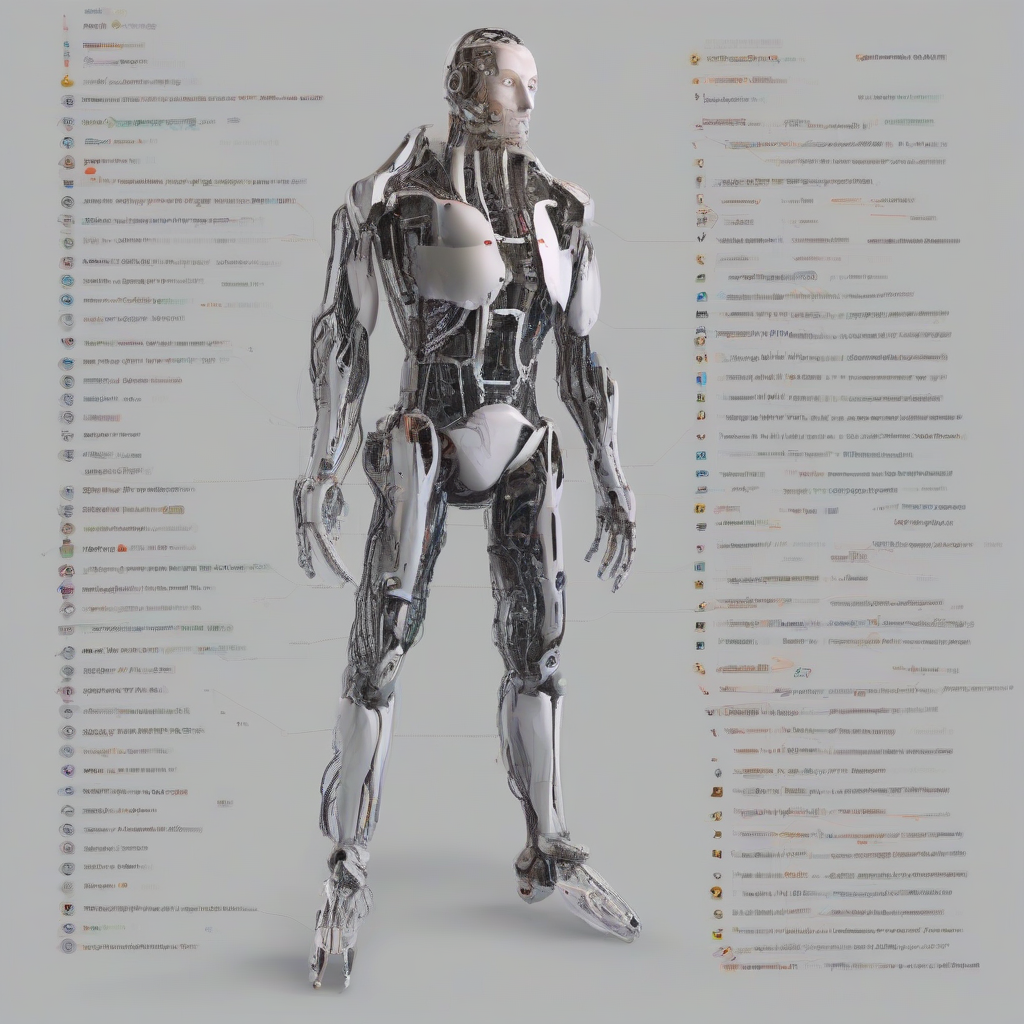How to Become an Automotive Engineer: A Comprehensive Guide
Automotive engineering is a dynamic and rewarding field that involves designing, developing, and testing vehicles. If you’re passionate about cars and have a knack for problem-solving, then this career path might be for you. This comprehensive guide will walk you through the steps to becoming a successful automotive engineer.
1. Education and Training
1.1. Bachelor’s Degree
A bachelor’s degree in automotive engineering, mechanical engineering, or a related field is the foundation for a career in automotive engineering. Here’s what you need to know:
- Major: Automotive engineering, mechanical engineering, electrical engineering, or aerospace engineering.
- Coursework: Core subjects include mathematics, physics, chemistry, computer programming, thermodynamics, fluid mechanics, materials science, and design principles.
- Focus Areas: Consider specializing in areas like vehicle dynamics, powertrain systems, safety engineering, or vehicle electronics.
1.2. Master’s Degree (Optional)
While not always required, a master’s degree in automotive engineering or a related field can open doors to advanced roles and research opportunities. It allows you to delve deeper into specialized areas and gain expertise in emerging technologies.
- Specializations: Consider focusing on areas like hybrid and electric vehicles, autonomous driving, or advanced materials.
- Research: Master’s programs often involve research projects, giving you practical experience in solving real-world engineering problems.
2. Essential Skills for Automotive Engineers
Becoming a successful automotive engineer requires a blend of technical, analytical, and interpersonal skills. Here’s a breakdown of key skills:
2.1. Technical Skills
- Computer-Aided Design (CAD): Proficient in CAD software like SolidWorks, CATIA, or NX to create 3D models and designs.
- Finite Element Analysis (FEA): Understand FEA principles and software to simulate and analyze the behavior of vehicle components.
- Vehicle Dynamics: Knowledge of vehicle stability, handling, and performance characteristics.
- Powertrain Systems: Deep understanding of engines, transmissions, and other components that drive the vehicle.
- Electronics and Software: Familiarity with automotive electronics, embedded systems, and software for vehicle control.
2.2. Analytical Skills
- Problem-Solving: Ability to identify, analyze, and solve complex engineering problems related to vehicle design and performance.
- Critical Thinking: Evaluate design options, assess potential risks, and make informed decisions based on data and analysis.
- Data Analysis: Proficiency in interpreting data from simulations, testing, and real-world performance.
2.3. Interpersonal Skills
- Communication: Effectively communicate technical concepts to engineers, managers, and non-technical stakeholders.
- Teamwork: Collaborate effectively with engineers, designers, technicians, and other professionals in a cross-functional team environment.
- Leadership: Potential to lead projects, guide teams, and make strategic decisions.
3. Gaining Experience
Practical experience is crucial for automotive engineers. Here are ways to build your expertise:
3.1. Internships
- Seek Internships: Apply for internships at automotive manufacturers, engineering firms, or research institutions.
- Real-World Experience: Get hands-on experience working on real engineering projects, collaborating with experienced engineers, and learning industry best practices.
- Networking: Build connections with professionals in the field and explore potential career opportunities.
3.2. Co-op Programs
- Combine Education and Work: Participate in co-op programs that alternate periods of academic study with paid work experience at automotive companies.
- Hands-on Learning: Gain practical skills and knowledge while earning academic credit towards your degree.
- Job Opportunities: Co-op programs often lead to full-time employment offers after graduation.
3.3. Projects and Competitions
- Develop Projects: Participate in student design competitions or work on personal projects to demonstrate your engineering skills and creativity.
- Formula SAE: Consider joining Formula SAE teams to design and build race cars, gaining valuable experience in automotive design and manufacturing.
- Portfolio Building: Document your projects and achievements to showcase your skills and experience to potential employers.
4. Professional Development
Continued learning and professional development are essential for staying ahead in the rapidly evolving automotive industry.
4.1. Professional Certifications
- ASE Certification: Obtain Automotive Service Excellence (ASE) certifications to demonstrate proficiency in specific areas of automotive expertise.
- Professional Engineering License: Consider pursuing a Professional Engineer (PE) license for advanced engineering roles and responsibilities.
4.2. Industry Conferences and Events
- Attend Conferences: Stay updated on industry trends, emerging technologies, and best practices by attending automotive engineering conferences and workshops.
- Networking Opportunities: Connect with other professionals, learn from industry experts, and explore potential career paths.
4.3. Continuing Education
- Online Courses: Enroll in online courses or workshops to enhance your skills in areas like vehicle electrification, autonomous driving, or advanced materials.
- Graduate Studies: Consider pursuing a master’s or doctoral degree to specialize in a specific area of automotive engineering.
5. Career Paths and Opportunities
Automotive engineers can pursue a variety of career paths with diverse roles and responsibilities.
5.1. Automotive Manufacturers
- Vehicle Design and Development: Design, engineer, and test new vehicles, including powertrain systems, chassis, body, and interior components.
- Research and Development: Focus on developing new technologies, materials, and processes for future vehicles.
- Production Engineering: Optimize manufacturing processes, improve efficiency, and ensure quality control.
5.2. Engineering Firms
- Consulting: Provide technical expertise to automotive manufacturers, suppliers, and other organizations.
- Design and Simulation: Use CAD and FEA tools to design and analyze vehicle components and systems.
- Testing and Validation: Conduct rigorous testing and validation of vehicles and components to ensure safety and performance.
5.3. Research and Development Organizations
- Advanced Technologies: Develop cutting-edge technologies for autonomous driving, electric vehicles, and other emerging areas.
- Safety and Performance: Focus on improving vehicle safety, performance, and fuel efficiency.
- Materials Science: Research and develop new materials for automotive applications.
6. Tips for Success
Here are some tips for aspiring automotive engineers to increase their chances of success:
- Develop Strong Technical Skills: Focus on mastering essential skills like CAD, FEA, vehicle dynamics, and powertrain systems.
- Gain Practical Experience: Seek internships, co-op programs, or participate in projects to gain hands-on experience.
- Network and Build Relationships: Attend industry events, connect with professionals on LinkedIn, and build a professional network.
- Stay Updated: Keep abreast of industry trends, emerging technologies, and advancements in automotive engineering.
- Be Passionate: Embrace a genuine interest in cars and the automotive industry to fuel your motivation and drive.
7. Conclusion
Becoming an automotive engineer is a challenging yet rewarding journey that requires dedication, hard work, and a passion for the industry. By pursuing the right education, developing essential skills, gaining practical experience, and staying committed to professional development, you can build a successful career in this exciting field.





